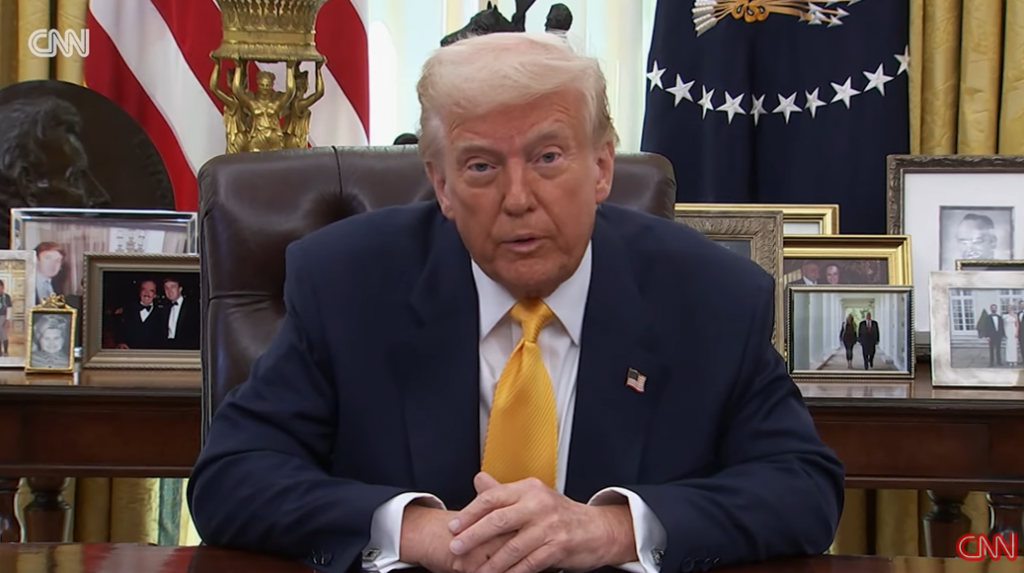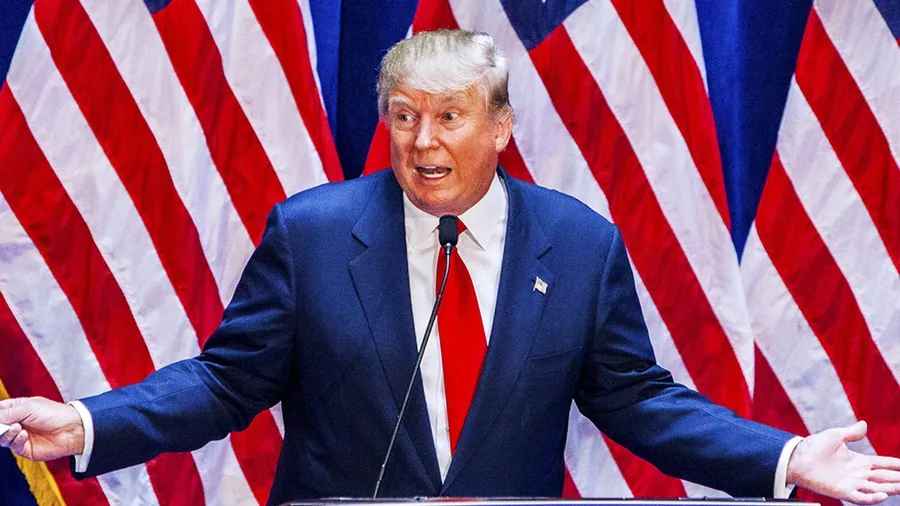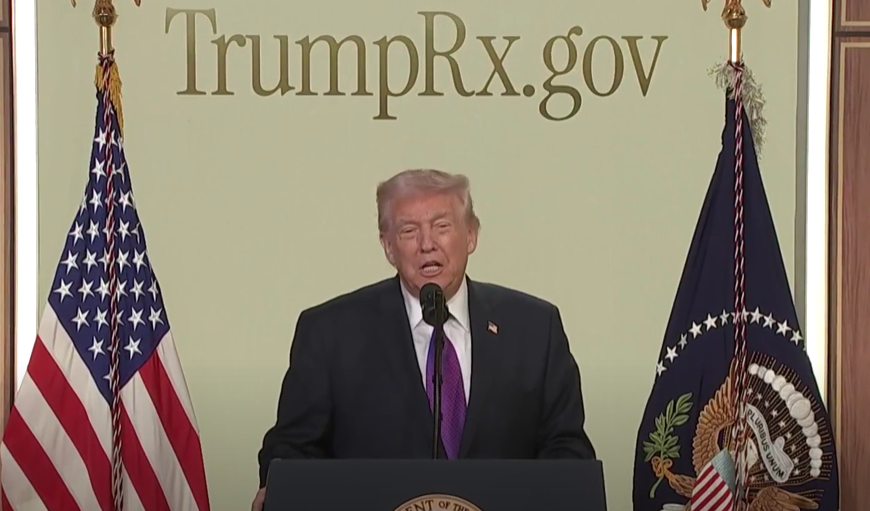Joe Rogan Slams Trump’s Deportation of Asylum Seeker
Joe Rogan has never been one to shy away from controversy, and this time, he’s taking aim at the Trump administration over a shocking deportation case.
On a recent episode of The Joe Rogan Experience, the podcast host expressed outrage over the U.S. deportation of Andry José Hernández Romero, a Venezuelan asylum seeker who was mistakenly identified as a gang member due to his tattoos.
The case has sparked a heated debate about immigration policies, the dangers of wrongful deportation, and the impact of rushed enforcement measures.
Let’s break down what happened and why Rogan believes this is a major issue.
The Man at the Center of It All & What Joe Rogan Had to Say
Andry José Hernández Romero, a 31-year-old makeup artist and theater enthusiast from Venezuela, sought asylum in the United States to escape persecution. According to reports, he fled his home country because of discrimination based on his sexual orientation and political beliefs. However, instead of finding safety, he was deported to El Salvador’s notorious CECOT prison. This is one of the most dangerous facilities in the world.

The reason? His tattoos.
U.S. immigration officials reportedly mistook his crown tattoos with the words “Mum” and “Dad” as symbols of the Tren de Aragua gang. This is a powerful Venezuelan criminal organization. Despite his repeated explanations that the tattoos were a tribute to his parents, officials proceeded with his deportation.
Joe Rogan Calls Out the System
Joe Rogan discussed the case with political commentator Konstantin Kisin. Additionally, the two agreed that this was a horrifying example of wrongful deportation. Rogan didn’t hold back, saying:
“You got to get scared that people who are not criminals are getting lassoed up and deported and sent to El Salvador prisons.”
He criticized the lack of proper investigation and warned that if innocent people are being wrongly deported, the system is deeply flawed. The podcast host, who often defends free speech and personal liberties, seemed particularly disturbed by the idea that someone’s body art could determine their fate.
Misidentification and Harsh Consequences
Romero’s case highlights a growing issue with immigration enforcement—the misidentification of asylum seekers as criminals. Deporting someone based on assumptions rather than evidence can have devastating consequences. This can be especially true when sending them to countries where they face serious dangers.
CECOT prison, where Romero was sent, is infamous for housing thousands of gang members under El Salvador’s strict crackdown on crime. Moreover, for an innocent man with no criminal ties, being placed in such a facility is a nightmare scenario.
Criticism of Trump’s Immigration Crackdown
While Trump has long advocated for stronger border control and mass deportations, critics argue that rushed and aggressive policies often lead to wrongful detentions and deportations.

Organizations like the ACLU and human rights advocates have warned that a one-size-fits-all approach to immigration can result in innocent individuals being deported without proper legal review. The controversy surrounding Romero’s deportation adds fuel to these concerns.
The Public Reacts
Romero’s story has sparked a wave of reactions online. Additionally, many people expressed shock that an innocent asylum seeker could be treated like a dangerous criminal.
On social media, some users pointed out the lack of understanding around cultural tattoos. They argued that authorities should be more careful before labeling someone a gang member based on body art alone. Others have called for more oversight and legal protections for asylum seekers. This is in order to prevent wrongful deportations like this in the future.

Final Thoughts
Joe Rogan’s reaction to this case sheds light on a much larger issue. We are talking about the flaws in immigration enforcement that can lead to tragic mistakes. The U.S. government aims to crack down on illegal immigration and gang activity. However, stories like Romero’s show that innocent people can get caught in the crossfire.
This case raises important questions:
- Should immigration officers receive better training to identify gang symbols correctly?
- How can the asylum process be improved to prevent wrongful deportations?
- What happens to people who are mistakenly deported to dangerous environments?
As discussions around immigration policies continue, one thing is clear: Stories like this shouldn’t be happening. Whether you agree with Rogan’s take or not, the case of Andry José Hernández Romero is a stark reminder of why due process and fair treatment matter in any immigration system.
What do you think of the entire situation?
You might also want to read: Trump Administration Deportations Defy Judge’s Order


